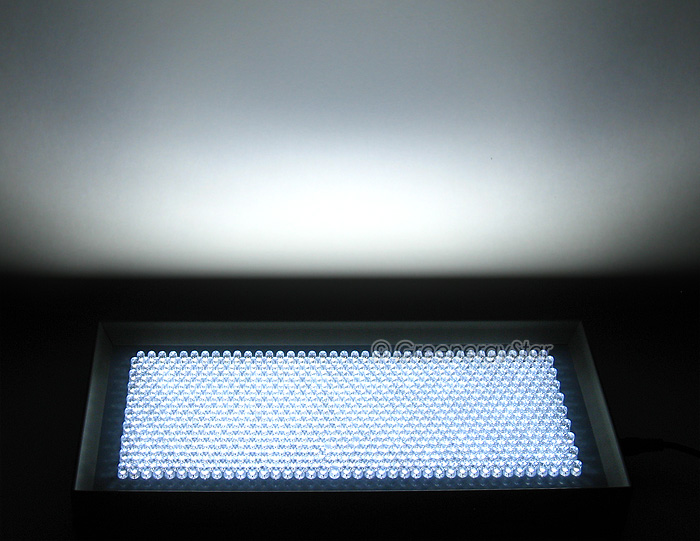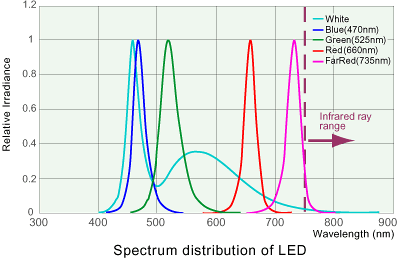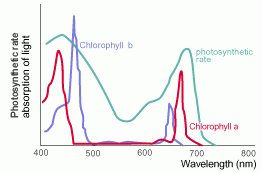Feature:
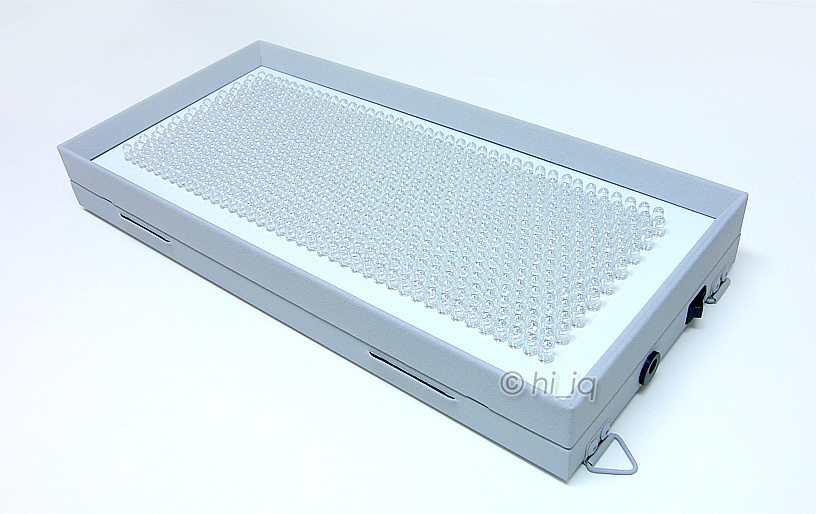
The size is
30.5cm X 14.5cm X 3.8 cm or
12.0 X 5.7X 1.5 inch
Rigid Aluminum Frame
Better Heat dissipation
4 built-in hooks for easy mounting
Better space utilization
Light weight (512g)
Low Voltage eliminates electric shock / fire hazard
Perfect for green houses
Wavelength (Tri-Band):
6500k White
LEDs are rated at 10000mcd
Total LED: 711 pcs WHITE
100,000 hours of life
12 years of continuous operation
Energy consumption is 5-10% of a typical light bulb (depending on wavelength)
Red light stimulate flowering and seed production
Orange light stimulate growth of carotenoids to make plants stay healthy
Blue light stimulate stem and leaf growth
Minimum HEAT ( Energy Efficient )
6500k daylight is a mix of Red, Orange, Blue light to appear as White. It is composed of mainly blue light.
Sample Picture - used as Aquarium Light
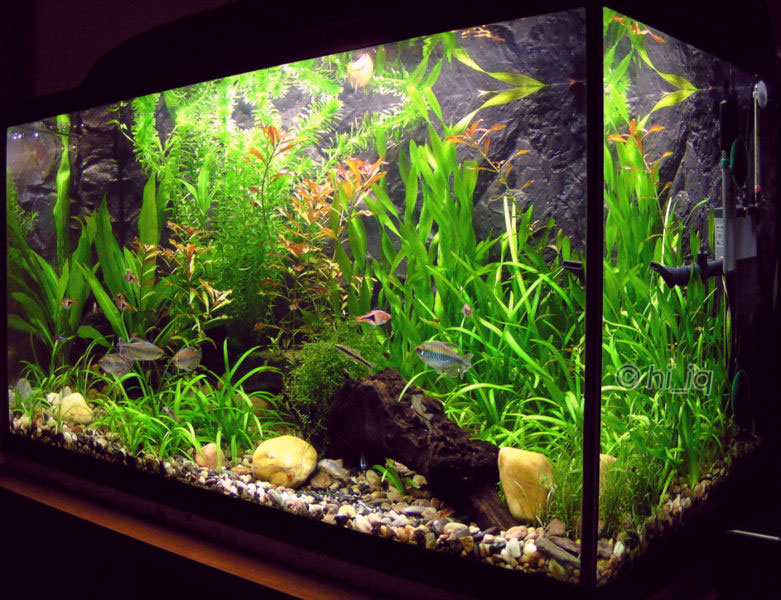
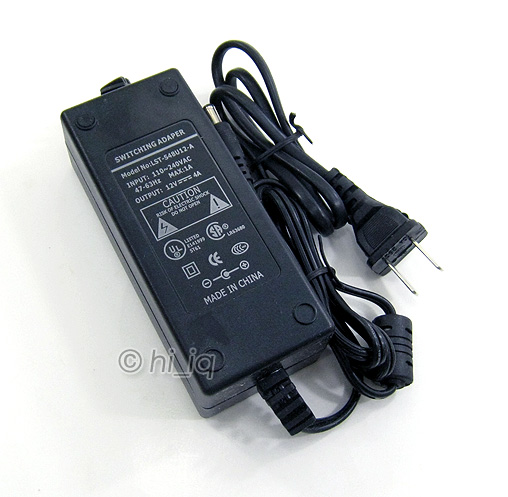 |
Adaptor Retail Value: US$19.99 |
Total of 711 LEDs + AC Adaptor
Why? Why do we need an cUL Listed AC adaptor?
Unlike other panels in the market, we have separated the AC power input from the panel and utilize a cUL Listed AC adaptor to supply 12V DC power to the panel. By configuring our panels to use low voltage, we have eliminated possible electric shock and fire hazards and thus give you a peace of mind.
Connection:
The adaptor changes household current from AC to DC
Connect the Adaptor to the LED Panel before usage.
Panel Specification:
| |
LED |
711 pieces |
| |
Watt |
30W : approximately equal to the
blue+red ray of 450W incandescent |
| |
Input |
12V DC |
| |
Size |
30.5cm X 14.5cm X 3.8 cm or
12.0 X 5.7X 1.5 inch |
| |
Hours |
100,000 hours |
| |
Wavelength |
White: 6500K |
| |
mcd |
10000mcd |
| |
Configuration |
series and parallel configuration |
|
Adaptor Specification:
| |
Input |
110V - 240V AC |
| |
Output |
12V DC |
| |
Hertz |
47-63Hz |
| |
Max Current |
1A |
|
Can be use for illumination or as grow lights
Color Temperature Comparison:
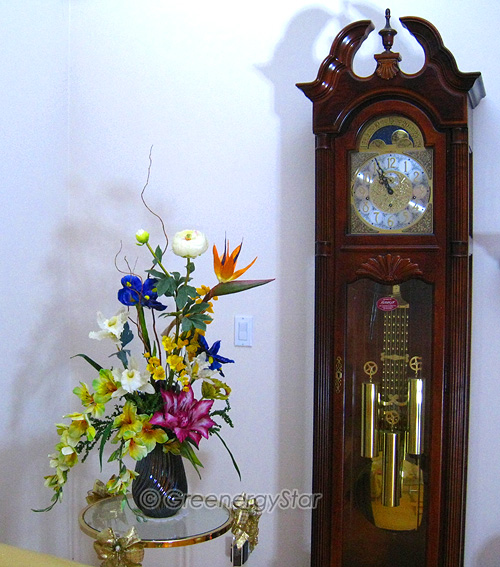 |
 |
|
6500k Daylight
|
2700k Warm White
|
Why LEDs?
The LED Grow Light is convenient to use. They are ideal for replacing incandescent or halogen light bulbs. The LED light bulbs have a super long life that last for 100,000 hours. That would be more than 12 years of continuous operation. Since LED is in a solid state (no filament) it is almost indestructible (not if you intended to destroy it). LEDs are about 10 times the efficiency of a typical flashlight bulb, so you get more light and you can cut down your electric bill at the same time.
High Efficiency
The wavelengths of some LED are compatible with the absorption peak of the pigments involved in photosynthesis and photomorphogenesis. Only necessary light for those physiological functions can be irradiated.
Low Thermal Irradiation
LED in the visible light area contain little heat rays, allowing for short-distance irradiation.
Reduced Energy Consumption and Long Life
LED substantially reduce power consumption. Depending on the operating environment, an LED can provide thousands of hours of light.
Life Of LED
Since an LED emits light through a semiconductor device, its life is many times longer than that of other light sources (however, it can be affected by the operating environment).
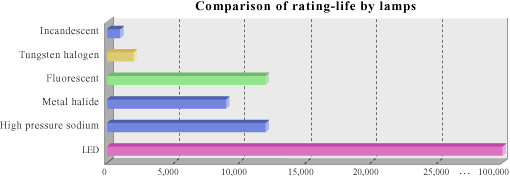
Spectral Distribution Comparison
LED is developed to emit a specific color efficiently by adjusting the materials used in the semiconductor compounds. The wavelength of an LED is relatively fixed, but not as much as that of a laser beam. Another distinction, LED in the visible range contain little heat rays. Therefore, they radiate almost no heat in the direction of emission. Below are comparison of LED and other lamps' spectral Distribution:
Photosynthesis
lighting energy is used in an important photoreaction, the synthesis of carbon dioxide and water into organic compounds. The pigments called chlorophyll play a role in this reaction by absorbing light.
Below is a picture that illustrate the effect of different on daisies
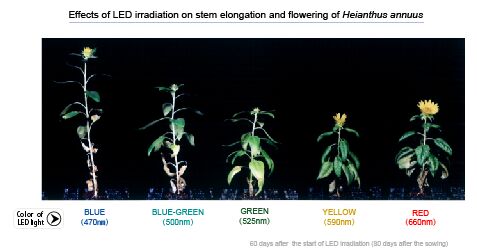
Choose the right color for your plants
- Blue light stimulate stem and leaf growth
- Red light stimulate flowering and seed production
- Green and Yellow light are not as useful
Carotenoid Synthesis
Carotenoids are required for plants to stay healthy. They have the ability to absorb destructive free radicals from solar damage and chlorophyll production. With the presence of carotenoid, plants will be able to produce more chlorophyll which will result the plant having a deeper green. Carotenoid has an absorption peak of 612nm (Orange light), in addition for maintaining the plants health, they will also help in photosynthesis because the energy they absorbed will be passed to chlorophyll.
NO OPERATING COST
GENERATES ELECTRICITY FROM THE ABUNDANT RESOURCE
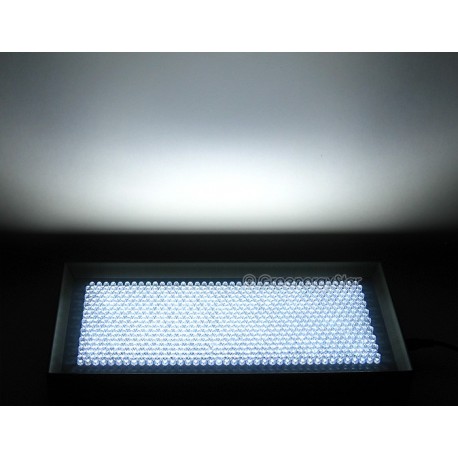 View larger
View larger



